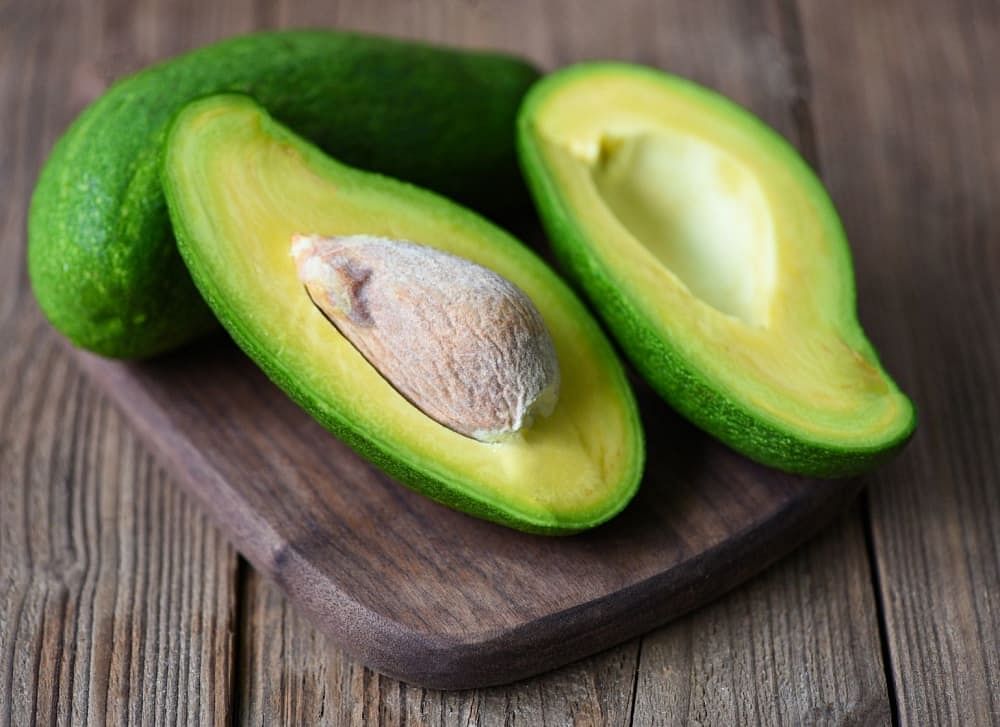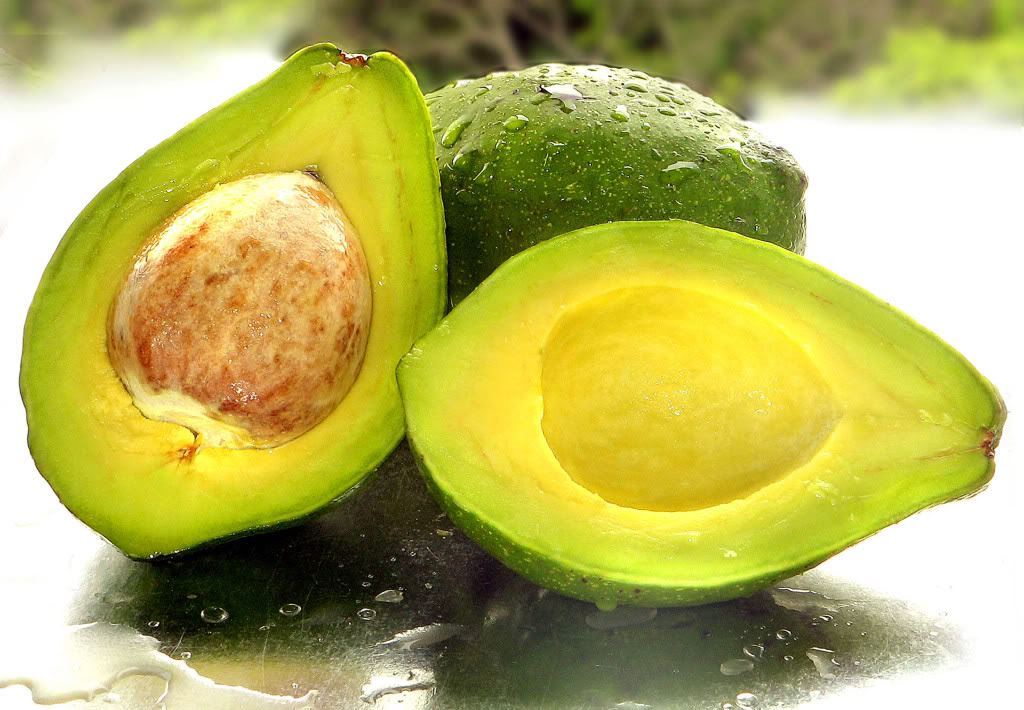There is a story of a student in Mexico City who made the decision to investigate the numerous health benefits of avocados for himself. In order to achieve this, he went to the woman who owned the home where he was living and requested that she only provide him with avocados.
The owner of the house instructed the man to leave if all he wanted to eat was avocados. You see, the woman had daughters and was aware of the advantages of avocado for se.x. Although this woman was unaware of the nutritional value of avocados, she was aware that the fruit has aphrodisiac qualities and stimulates desire for se.xual activity.
There is a good reason that the ancient Aztecs called this fruit ahuacatl, which in Nahuatl (an indigenous Mexican language) means ‘testicle.’ Currently, we know that the avocado comprises the most vitamin E of any fresh fruit. Experts consider it the vitamin of reproduction. The lady in the story was not far away from the truth.
Avocado Health Benefits: Preparations and Dosage
Fresh: The avocado is not a fruit in the word’s culinary sense since it lacks the sweetness and acidity that characterize fruits. Thanks to this, avocado combine very well with all types of salads and dishes, whether sweet or not. Preferably avocados are eaten raw with lemon juice, which also keeps them from turning black because of the corrosion of the iron salts they contain. You can spread them on the bread as an adequate substitute for butter or margarine.
Scientific synonym: Persea gratissima Gaertn
Synonyms: Alligator pear, Zuttano, Fuerte
French: Avocat
Spanish: Aguacate, palta, avocado
German: Avocado
Description: The fruit of the avocado tree, an evergreen tree of the botanical family Lauraceae that grows to a height of 16 meters
Habitat: The avocado is originally from tropical regions of Central America. Nowadays, it grows in tropical and subtropical areas in America, Europe, Asia, and Africa.
7 Surprising Health Benefits of Avocado You Need to Know
The avocado health benefits and composition has several noteworthy features:
1. WATER:
When it comes to avocado health benefits, it contains a shallow water proportion compared to the average fresh fruit. The only other fruits with less are bananas and olives. This fact shows that the avocado is a fruit concentrated with high nutritional and caloric capacity that can reach as high as 200 kcal/100 g of edible portion in certain varieties.
2. FATS: Together with the olive, the avocado is among the wealthiest fruits in fats. The fat content increases during the ripening process. A study conducted in California showed that the mesocarp (pulp or flesh) of a particularly fat-rich variety of avocado contained an average of 19.2% fat. At the same time, in February, and a month later, this number increased to 22.8%. The regular fat content is around 15.3%.
The composition of the fats in avocados is as follows:
Neutral lipids or glycerides are formed by the union of a glycerin molecule with one, two, or three fatty acid molecules. These are then referred to as mono, di, or triglycerides, respectively. Triglycerides are the most common of these. Oleic acid is the most abundant of the fatty acids in avocados, as is the case with olive oil.
Phospholipids: These are fats that contain phosphorous in their molecule, which performs significant roles in the nervous system.
Free fatty acids are not united to glycerin. They are present in minuscule amounts and are partly responsible for the fruits characteristic fragrance.
The fats are a reason for avocado health benefits and are of high biological value and are mostly unsaturated. Indeed, they comprise no cholesterol, just like all plant-based foods.
3. PROTEINS: Contributing to avocado health benefits, this fruit is among the most protein-rich of fresh fruits, which, depending on assortment, can range from two-percent of their weight. Although their proportion is not optimal, they possess every essential amino acid, as is usually the case with plant-based foods with the exclusion of soy; despite this, avocado proteins are precious, as much for their amount as for their quality. This importance increases if these proteins are shared with other vegetable proteins, thanks to the wonder of supplementation.
4. VITAMIN E: With its 2.3 mg per 100 g of a-TE, the avocado is the richest fresh fruit in this vitamin, contributing to the many avocado health benefits. No animal-based food approaches this amount, not even eggs or butter. Among plant foods, oil-bearing nuts, wheat germ, and olives surpass the avocado in vitamin E. This vitamin promotes reproduction functions, but it protects against cancer and cellular aging because it is a powerful antioxidant.
5. VITAMIN B6: The avocado is, together with the banana, the richest fresh fruit in this vitamin, an amount superior, even, to beef, again, contributing the many avocado health benefits.
6. IRON: The avocado has the highest iron content of any fresh fruit. By studying its composition, one can deduce that this is one of the most nutritious fruits existing today. Together with their delicate flavor and culinary versatility, this fact explains the vital role they played in pre-Columbian Americans’ diets, who used it as a substitute for meat.
7. FIBER: With five percent or more, the avocado is the richest fruit in fiber. Today, the avocado is one of the most valued fruits for its nutritional value and its dietary and therapeutic properties. The many avocado health benefits include Excess cholesterol, circulatory disorders, nervous disorders, digestive disorders, diabetes, anemia, and invigorating diets.
Avocado Nutrition Facts and Composition
ENERGY: 162 kcal = 674 kj
PROTEIN: 1.98 g
CARBOHYDRATES: 2.39 g
FIBER: 5.00 g
VITAMIN A: 61.0 ug RE
VITAMIN B1: 0.108 mg
VITAMIN B2: 0.122 mg
NIACIN: 2.27 mg NE
VITAMIN B6: 0.500 mg
FOLATE: 61.9 ug
VITAMIN B12 ————
VITAMIN C: 7.90 mg
VITAMIN E: 2.30 mg a-TE
CALCIUM: 11.0 mg
PHOSPHORUS: 41.0 mg
MAGNESIUM: 39.0 mg
IRON: 1.02 mg
POTASSIUM: 599 mg
ZINC: 0.420 mg
TOTAL FAT: 15.3 g
SATURATED FAT: 2.44 g
CHOLESTEROL ———
SODIUM: 10.0 mg
Avocados are usually taken to market while they are hard and bitter tasting. The best time to eat them is when they are soft to the touch, and you can spread their pulp like butter.
As a fresh fruit, avocado is one of the richest in high-value nutritional fats, proteins, vitamins E and B6, iron, and vegetable fiber. They mix well with all kinds of salads and other vegetable dishes. When you use avocado in place of cheese in salads, the result is a significant reduction in calories, saturated fat, cholesterol, and sodium.
At first, some find avocado unpleasant because of its fatty consistency. This reaction is normal, and with time this fruit becomes a real gourmet delight. An avocado shake is very appropriate for adolescents because of its nutritional value and anti-anemic effect.
REFERENCES
George D. Pamplona-Roger, M.D. “Encyclopedia of Foods and Their Healing Power.” George D. Pamplona-Roger, M.D. Encyclopedia of Foods and Their Healing Power. Trans. Annette Melgosa. Vol. 2. Chai Wan: Editorial Safeliz, 2005. 108-111. Print.



